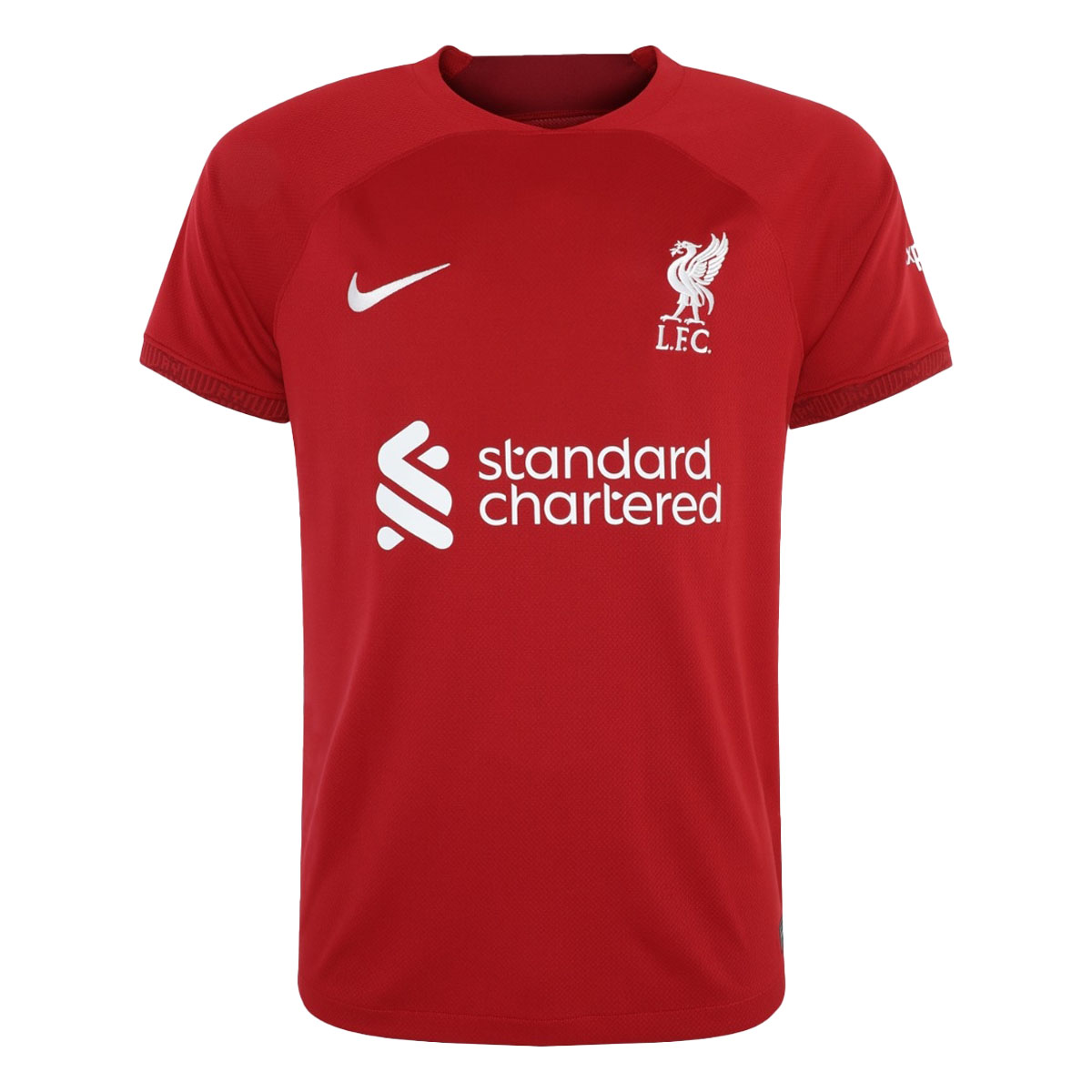Talk surrounding our clash with Manchester United on Sunday is sadly focused on a certain set of unsavoury songs, sang by an unfortunate and often loud minority of fans on both sides of the divide, about fatal disasters linked with either clubs history.

There are a variety of disgusting songs referencing a number of points surrounding the Hillsborough tragedy and the fact that football supporters in England’s top flight no longer stand in stadiums, as a result of 96 people dying in horrific circumstances in 1989. There’s also another protestation that 96 wasn’t nearly enough.
The Heysel disaster in 1985 also brings out the worst in some United fans, with the opposition seeking ‘Justice for the 39‘ despite the glaring fact that convictions having already been handed out to those deemed responsible. United’s celebration of their European achievements also references the fact that they have done so without killing anyone. I’ve read ill-informed justifications of this, saying it isn’t mocking the dead but those who are responsible. I’m sure the families of those Juventus fans are happy to have it dragged up every time Manchester United want to tell everyone how successful they are.
It would be short sighted to suggest that all Liverpool fans are angels, however. The Munich air disaster in 1958, when the flight bringing Manchester United’s squad home from a trip to Red Star Belgrade crashed after take off, has brought about songs referencing Sir Matt Busby and his boys not being able to ‘get their aeroplane to go‘. What doesn’t come across from the song’s wording is the tragic reality of this little ditty. Twenty three people sadly passed as a result of the incident, including eight players and three staff members of Manchester United.
More recently there have also been insensitive references to Harold Shipman’s actions while supposedly acting in the care of a number of Manchester based patients.
To pick fun at any of these events is as senseless as complaining about the safety in which you can now attend a football match.
But what brings such venom to the forefront of people’s minds when our two teams meet? What could possibly drive someone to mock those who have passed in such tragic circumstances?
The footballing pedigree of the two clubs is one of the main reasons. Both teams have dominated English football over a sustained period in different eras, while the other has languished in relative mediocrity.
In terms of overall trophies however, there is little to choose from. United lead in English league titles, with nineteen over our eighteen, whereas Liverpool have claimed five European Cups over United’s three.
United also have eleven FA Cups and four League Cups whereas we have seven and eight, respectively. Meetings between both teams are always feisty affairs, both on and off the pitch.
No player has transferred between the clubs since Phil Chisnall in 1964. While players have played for both teams across their careers since then, none of them have retained their status from before the move to either club. Ferguson also famously refused to even consider Gabriel Heinze’s request to join Liverpool in the summer of 2007, letting him go to Real Madrid with his reputation with the Manchester United fans in tatters.
Off the pitch however, the rivalry between the two cities spans back to the late 1800’s. Before the turn of the century, Manchester businesses saw the cost of rail and port charges in Liverpool as excessive and put forward a bill to to bypass these issues. Unwelcome opposition came from the Liverpool workers, but the bill was passed and construction of the Manchester Ship Canal went ahead, leading to job losses at River Mersey based ports as vital business bypassed the city and sailed straight into Manchester. The ship on United’s crest is symbolic of the ship canal and the success it has brought the city.
While there are a huge number of differences both on and off the pitch, there are also many similarities between the two cities. Both Liverpool and Manchester have enjoyed something of a renaissance since our industries were ravaged by a Thatcher lead deconstruction of Northern England in the 1980s. Both cities also enjoy many musical exports that have took the world by storm – an area where it seems rivalry is set aside quite regularly, with bands of both cities enjoying strong fan bases across the North West. And, whether those at either end of the M62 admit it or not, the similarities in work ethic, outlook on life an sense of humour aren’t as far apart as you would imagine.
The fact remains that all of the issues experienced between the two clubs and cities should be set aside when it comes to any human tragedy. It was unlikely in that era that Liverpool would have been on that plane home in Munich, however Manchester United were a Jim Leighton save and a Gordon Strachan goal away from being the other team at Hillsborough.
I think that all level-headed fans can agree that anyone who can’t recognise facts like these and partake in the singing of these songs are not representative of their football club.
* 50,750 yards separates Anfield and Old Trafford






As a manc it is good to see a balanced perspective from a scouser. I think these dicks that simg these songs are a disrace to both our cities.. It would be more relevant and mean more tomorrow if the fans of both clubs made the gesture of laying wreaths at opposimg ends to signal an end to these hostilities. I will always hate scousers but only in the context of the football pitch not on an individual level and like 99% of mac untd fans watching those scenes unfold on tv in 1989 i also shed a few tears. United til i die. Andrew
Liverpool could of been on that Munich plane if we had made Busby manager(explayer as well) and not assistant manager after the war, he left Liverpool to become Man U manager.